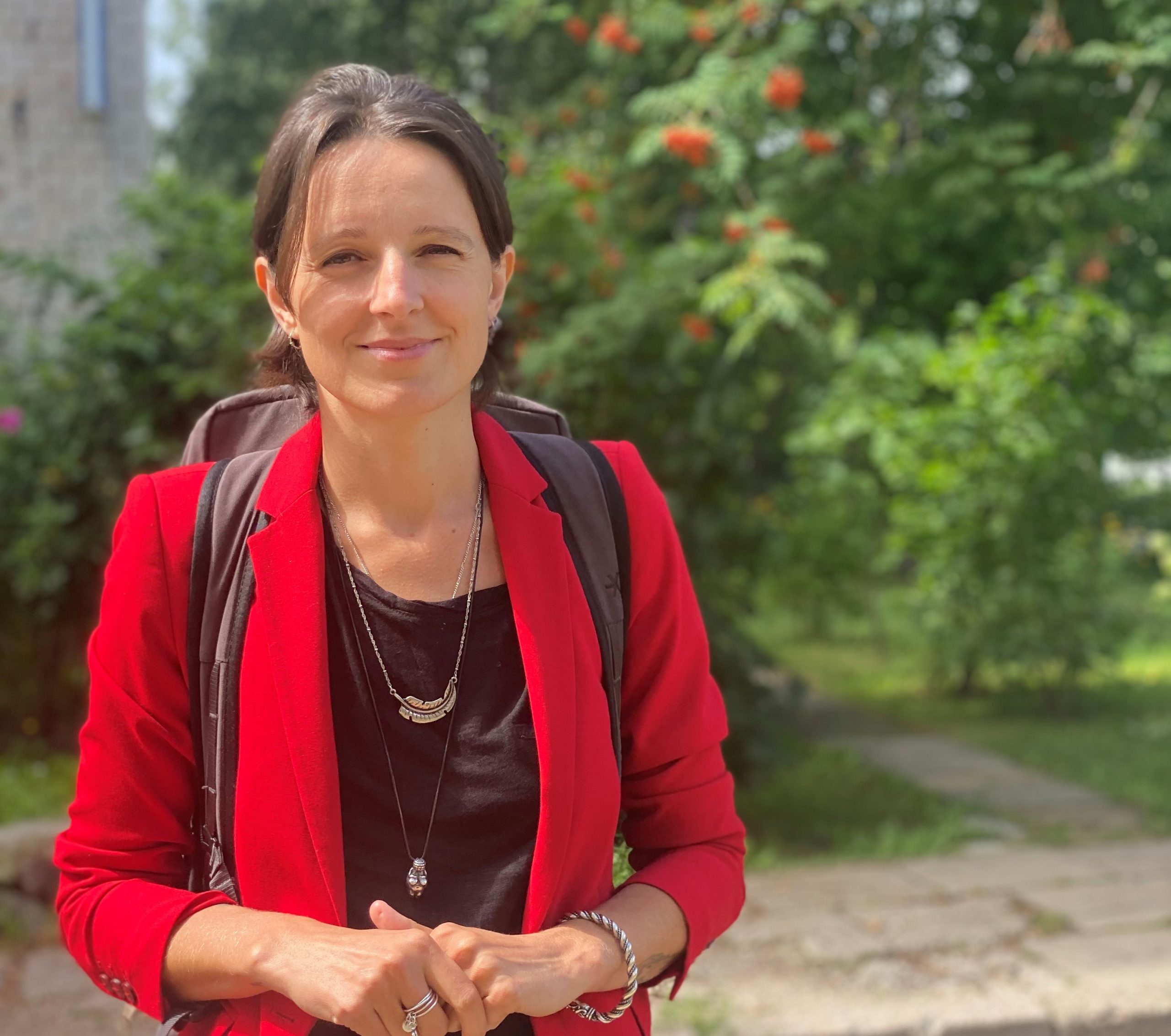- The beginning
- News
- A Work-life Balance Formula Has Been Developed
A Work-life Balance Formula Has Been Developed
How to reconcile work and private life effectively? How to accommodate a career, family, household, and leisure and still discover time for yourself in a 24 hour day? The organisers of the More Balance project, the Office of the Equal Opportunities Ombudsman and the social advertising agency Nomoshiti, have put the most important components of life into the formula and invite you to try it out to see how much time you would like to allocate for different components of life and how much time you actually spend. The authors of the formula state that everyone has different needs, desires, commitments, and opportunities, so there is no single formula that fits everyone – everyone can create their own formula.
What Is the Composition of the Formula?
The formula includes work and 10 more layers of life: family, emotional health, spirituality or religion, intellectual activity, health and fitness, household, personal life, social ties, sleep and wasted time getting into many peoples’ schedules.
Paulius Rymeikis, the creative director of ‘More Balance’, says that the formula was based on foreign authors, and it was tried to make it visual and easy to use. ‘All areas of the formula come together into three main fields: work, personal life, and social ties. We split the last two into smaller parts. The analysis of the foreign literature showed that some of the most universal areas of life are distinguished everywhere. For example, the importance of sleep or a healthy lifestyle. On the other hand, others are rarely found, for example, community or volunteering’, says P. Rymeikis.
According to P. Rymeikis, people often do not about lack of sleep: ‘It seems to them that if you sleep seven hours a day, that’s enough. However, sleep experts will explain that many factors contribute to the quality of sleep. Therefore, we took sleep out of its usual sphere of health and turned it into a separate member of the formula. I like to joke that if I would be developing the formula in Japan, I would turn the holiday into a separate member of the formula, because the Japanese work a lot and very rarely go on holiday’.
There are 168 hours in the formula allocated for each week, but some areas of the formula may overlap. For example, a weekend hike with a family—two birds with one stone—it’s not only time with loved ones but also movement and sports at the same time.
Recommended for Those Who Are Committed to Changes
P. Rymeikis argues that the aim of the formula is, first of all, to invite people to question ‘How much time do I allocate for work and personal life’, and ‘what are the areas for which I would like to allocate more time?’ He says he doesn’t think we should fit all 11 areas into each week and every year of our lives: ‘I suggest starting from one area – choosing the one you want to change, activate, and expand. Try working in one area for three months and then see if anything has changed in your life. Did you feel the effect?’
The co-author of the formula recommends that the formula be tested not only for individuals but also for cohabiting couples: ‘After creation of individual formulas, I recommend the partners to sit on the couch together and compare their formulas. This shows how much time a couple spends doing household works, who ends up with more time for other activities. Various studies show that the distribution of household works among men and women is still very disproportionate, so perhaps the formula can help’.
Still, the formula is mostly for those who want to make a change in their lives right now. ‘One of my favorite quotes is the words of psychologist Dan Ariely: ‘In the future we are all wonderful people’. It seems to many that in the future we will have both a big pension benefits, we will travel and be healthy. But what are you doing today to achieve that? It is said that even in advertisements depicting seniors, a young person does not recognize himself—he imagines that he will be the same young, cool, only his passport he will show that he is 80 years old. So the formula is a food for thought and an inspiration for individual decisions’, says P. Rymeikis.

This article is part of the project “Everybody’s Talking: Work-Life Balance Goes Mainstream”, partially funded by the European Union’s Rights, Equality and Citizenship Programme (2014-2020). The content of it is the sole responsibility of the Office of the Equal Opportunities Ombudsperson and can in no way be taken to reflect the views of the European Commission.




